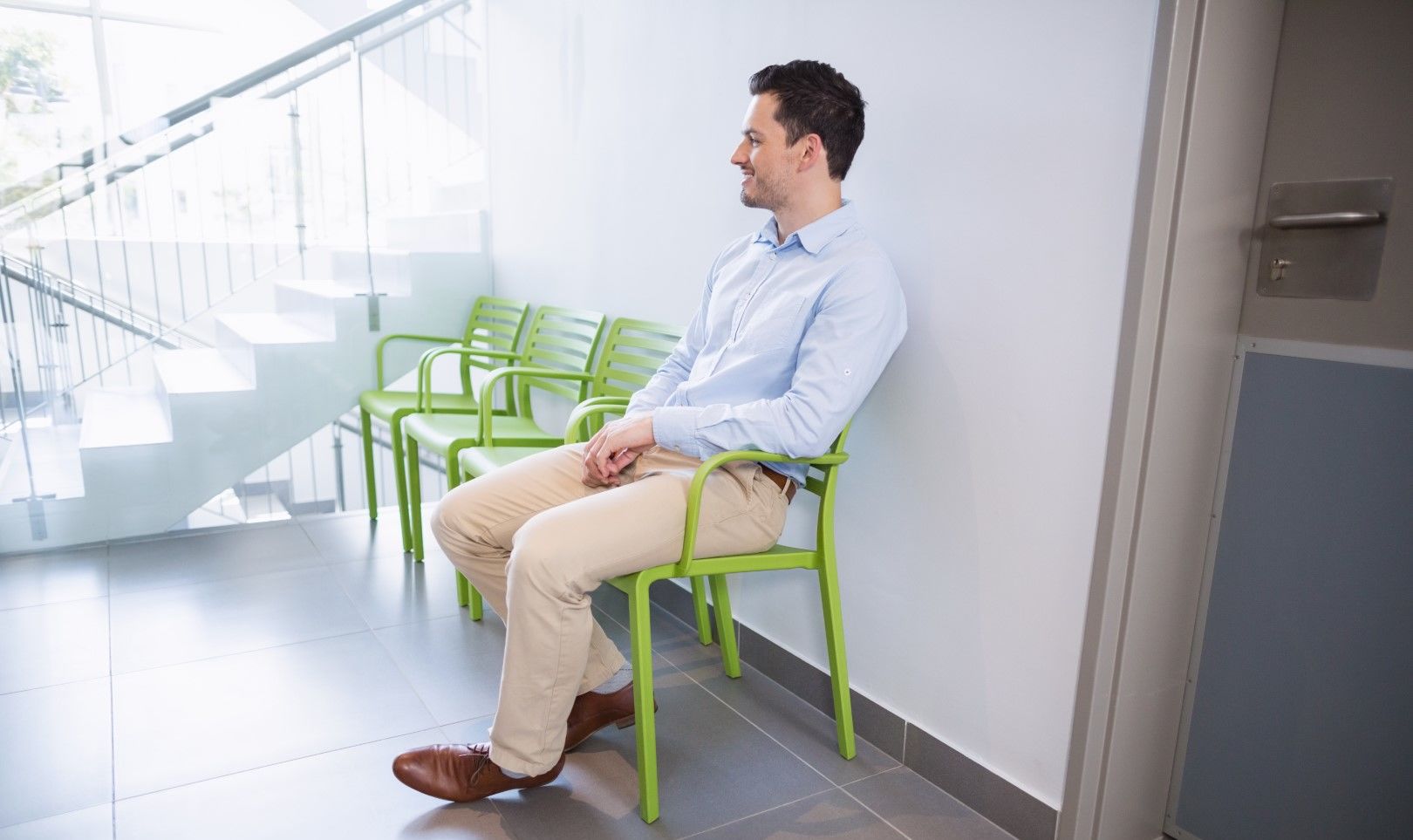Medically Reviewed by Dr. Mohammed Saeed, MD.
There is so much to consider when choosing an addiction treatment program that’s right for you and your individual needs. You may think that addiction recovery can only work if you are admitted to a full-time, inpatient program, however, many recovering addicts find outpatient programs to be an effective alternative.
Still, the question may remain, “Is outpatient recovery really going to work for me?” In short, the answer to that question is dependent on many factors, but if you fall into a specific set of criteria, outpatient treatment may be the perfect solution for you.
What is Outpatient Drug Rehab?
First, it’s important to understand what outpatient treatment is and is not. Outpatient treatment programs are sometimes mistaken for “part-time” treatment options, but that’s not necessarily the case. There are many ways that outpatient treatment can be used, and they are specifically designed to provide effective, comprehensive treatment. These treatment options can be used as a transitional tool following inpatient treatment, or as an alternative treatment method for individuals who may have obligations at home that they’re unable to abandon. In essence, outpatient recovery allows recovering addicts more freedom, and the ability to continue working and living at home, while still taking advantage of treatment resources on a regular basis.
Is Outpatient Rehab Right For Me?
Naturally, the key to any successful outpatient recovery is going to be a commitment. Outpatient treatment is proven to be most successful for more established adults, who find support in their family structures at home and are self-motivated to make a change in their life. On the other side of this, teens and young adults tend to thrive more within environments that offer more of a recovery “community,” such as inpatient programs. For teens and young adults, it’s often more difficult to stay sober at home, among a group of friends who may not be able to relate or hold them accountable to their sobriety goals.
That’s not to say that outpatient programs are designed specifically for adults and can’t be effective for teens. In fact, some adults struggle with commitment and accountability throughout outpatient treatment, just as they would in residential treatment. There truly isn’t a specific set of guidelines that define when and for whom outpatient recovery is best suited. Generally speaking, an effective outpatient experience takes determination and commitment from addicts, support systems, and treatment professionals. If all the pieces fit into the same puzzle, they can come together nicely and set a wonderful foundation for continued sobriety.
If you’re hesitant to seek treatment because you can’t be away from home, outpatient treatment may be right for you – but you have to want it, and you have to own it.




